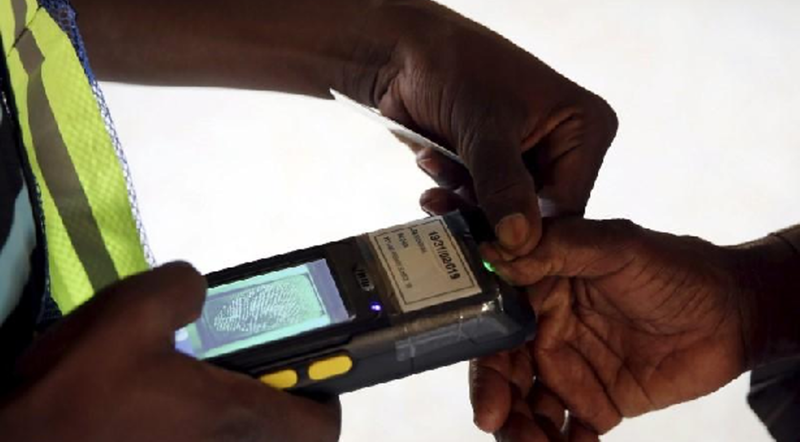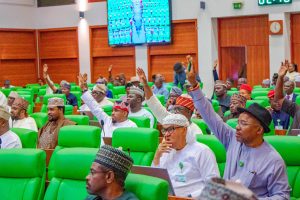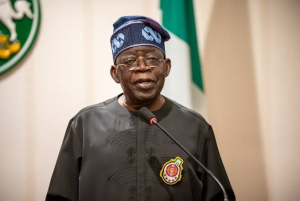
A bill seeking to make voting compulsory for all eligible Nigerians has passed its second reading in the House of Representatives, marking a significant step toward electoral reform in the country. The legislation, sponsored by Speaker Tajudeen Abbas and debated extensively during Thursday’s plenary session, aims to address Nigeria’s persistently low voter turnout and strengthen democratic participation.
The proposed amendment to the Electoral Act 2022 would require all citizens of voting age to participate in national and state elections. Lawmakers backing the bill argue that mandatory voting would boost civic engagement, enhance the legitimacy of elected officials, and reduce the influence of vote-buying by increasing the number of participants in the electoral process.
Nigeria has long struggled with voter apathy. In the 2023 general elections, less than 30 percent of registered voters cast their ballots, raising concerns about the strength of the country’s democracy and the effectiveness of its representation. Proponents of the bill point to countries like Australia, Belgium, and Brazil, where compulsory voting laws have resulted in consistently high voter turnout and improved public accountability.
The bill also proposes a legal framework for enforcement, including penalties such as a fine of up to N100,000 or a maximum of six months’ imprisonment for unjustified failure to vote. Exemptions would be allowed for reasons such as illness, religious objections, or residency outside Nigeria. The Independent National Electoral Commission (INEC) would be empowered to track compliance and manage exemption requests.
Despite broad support, the bill faced opposition from some lawmakers, who questioned the practicality and fairness of enforcement, especially in rural areas and regions with security challenges. Concerns were also raised about the need to restore public trust in the electoral process before making voting compulsory. Critics argued that citizens’ reluctance to vote often stems from doubts about the integrity of the system and whether their votes truly count.
The bill was ultimately adopted through a voice vote and referred to the relevant committee for further legislative action. If passed into law, Nigeria would join a handful of countries worldwide that enforce mandatory voting, with the aim of revitalizing democratic engagement and ensuring broader representation in governance.






